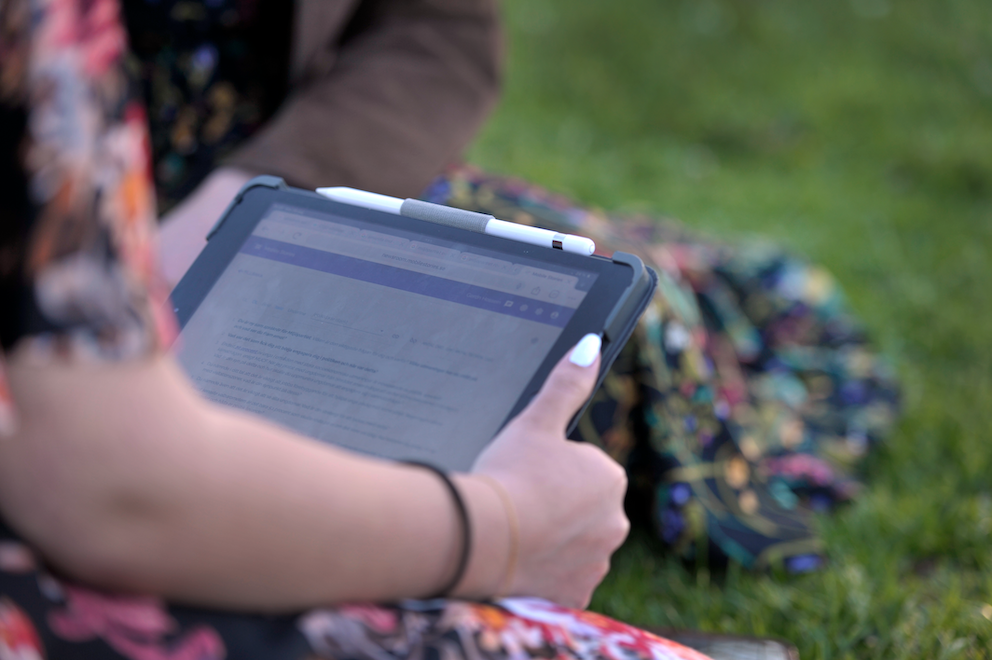
Fact-checking and online responsibility
Mobile Stories provides a web-based publishing tool designed to help students develop media and information literacy skills– such as digital competence, source evaluation, and critical thinking – while creating their own content for digital publication.
By actively researching and producing content with a real audience in mind, students deepen their subject knowledge, improve their communication skills, and enhance their ability to evaluate, discuss, and review sources critically.
Students also have the option to publish their articles on an open platform, reaching a wide audience with well-developed, thoroughly vetted content. Together with other young creators, they can contribute to building a credible platform for youth voices:https://mobilestories.com
The tool is accessible on any device. Ask for a test account.

Secure publications
Through a rigorous process consisting of peer review, check questions and teacher approval, the articles are thoroughly edited and in line with relevant laws and and the “student publicist’s code of ethics”.

Collaborate

Help from experts
Leading journalists and experts in media and information literacy have been invited to the tool to give young people their best tips.

EIGHT ARTICLE TEMPLATES

Embed audio and video
Through the embedding function, video or audio clips uploaded to Vimeo, Soundcloud, Spotify or Youtube can be embedded in the different article types, podcasts or film articles, alternatively enhancing the experience in articles as an optional add-on.

Actual Recipients
Students have the opportunity to publish their articles on an open platform and reach out with well-developed and source-checked material and, together with other young people, build a credible channel for young voices.
Tips from professional journalists
Some of Europe’s leading journalists and experts in media and information literacy give their best tips directly to young people in the tool. Through film clips or help texts, the class can immerse themselves into a certain type of article or develop in photography, film, sound or headline creation.
